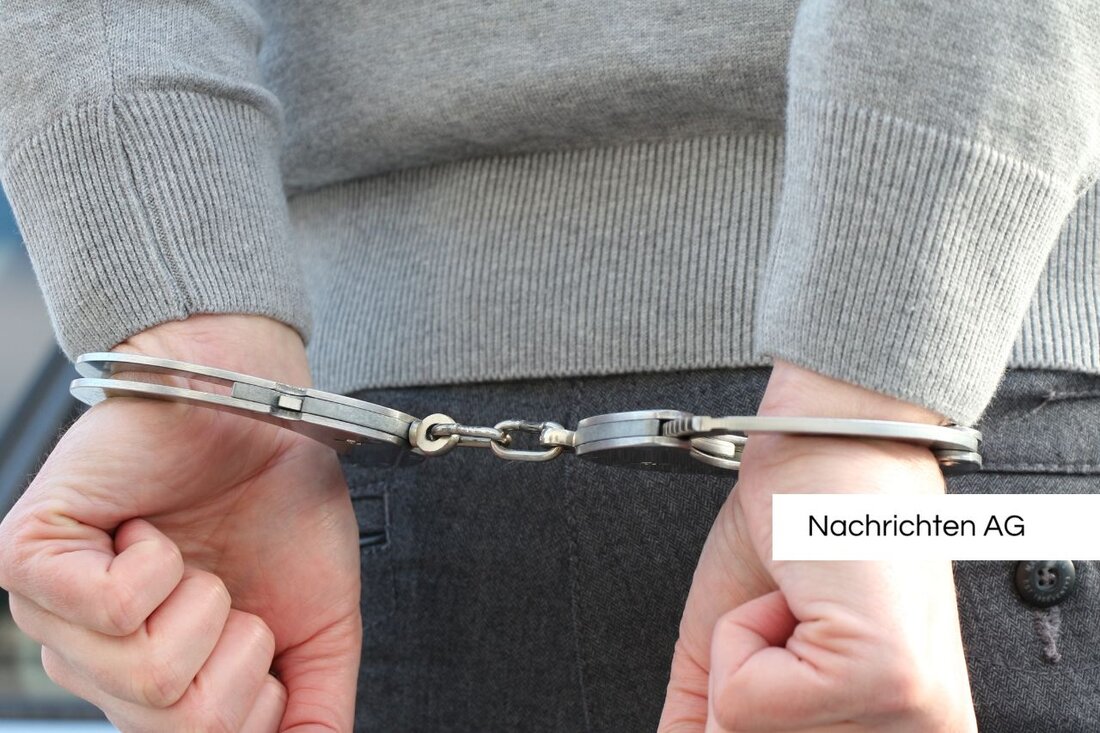Potsdam commemorates: The popular uprising of 1953 and its victims
On June 17, 2025, Potsdam commemorates the victims of the 1953 popular uprising, emphasizing freedom and democracy in the midst of history.

Potsdam commemorates: The popular uprising of 1953 and its victims
Next Tuesday, June 17, 2025, the popular uprising of 1953 in the GDR will be commemorated with various commemorative events in Potsdam and throughout Brandenburg. The city of Potsdam and the state government have set themselves the goal of remembering the victims of this bloody chapter in German history. Mayor Burkhard Exner will give a welcoming speech at the Lindenstrasse Memorial at 3 p.m. In his speech he will emphasize the importance of freedom and democratic values, which are still very popular today.
The popular uprising on June 17, 1953 had its roots in over 700 municipalities, including Potsdam itself. People rose up against state arbitrariness and demanded better living conditions. The demonstrations, initially initiated by workers, quickly expanded into nationwide mass protests. On the other hand, the Soviet military and the People's Police intervened violently to quell the unrest, representing one of the bloodiest episodes in German history. According to the bpb The most serious clashes took place in cities such as East Berlin, Leipzig and Halle.
Program and events
As part of the commemorative events, Deputy Prime Minister and Finance Minister Robert Crumbach will give the commemorative speech. In addition, the inclusive Ensemble Miteinander will perform the play “Freizeichen” and saxophonist Christian Raake will provide the musical accompaniment. Preparations for this memorial celebration are in full swing so that the day can be properly honored.
According to the Daily Mirror There were uprisings in more than 150 places in Brandenburg alone. After the popular uprising, the Stasi's surveillance of the population increased, and around 215 people were arrested by the state security in Potsdam. Many of them faced serious reprisals.
Historical background and consequences
The popular uprising is often viewed as one of the few democratic mass movements in German history. The GDR had to struggle with massive domestic political problems since its founding. High reparations payments to the Soviet Union, supply shortages and a dissatisfied population were just some of the factors that led to nationwide protests. The Federal Archives illuminates the history and consequences of the failed uprising and offers a detailed analysis of the events in the various regions of the GDR.
The SED's decision to increase labor standards by ten percent led to resistance that resulted in strikes on construction projects in East Berlin on June 15th and 16th. On June 17 itself, demonstrators gathered and demanded not only the resignation of the government, but also free and secret elections. More than a million people took part in the protests, which were violently suppressed.
The brutal suppression of the uprising resulted in at least 55 documented deaths and around 10,000 arrests within a few weeks. The dramatic events and their effects are still an important topic in political education today, as the various commemorative events show.
June 17 remains a national day of remembrance, although it has not been a public holiday since 1990. He reminds us to stand up for freedom and the right to democratic participation - values that are also of great importance today.

 Suche
Suche
 Mein Konto
Mein Konto